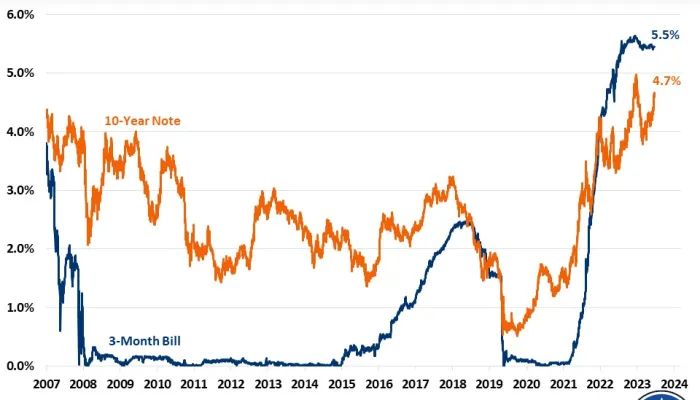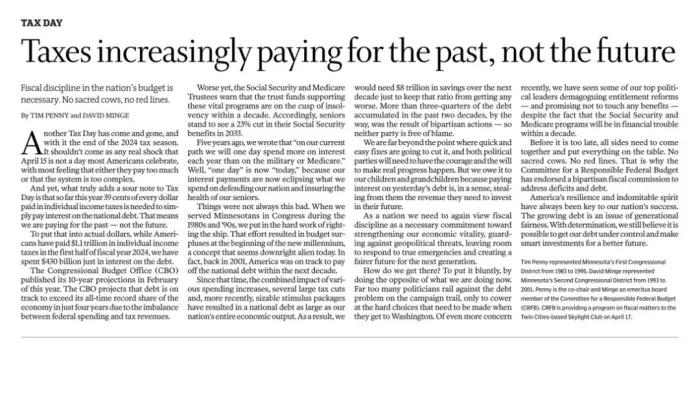Joyce Reflects on CBO at 40
Next Tuesday will be the 40th anniversary of the beginning of the Congressional Budget Office, and University of Maryland Professor Phillip Joyce has begun the celebration early, publishing a Brookings working paper reflecting on CBO's growth as an agency and its role in the budget process. The CBO, which was created in the 1974 Budget Act, started on February 24, 1975, when Director Alice Rivlin officially took office.
Joyce notes that CBO's visibility and reputation have grown significantly since its establishment to the point that it is central not only to the budget process but any major legislation:
CBO was created, in large part, to give Congress more leverage over the White House in key policy debates. Time and again Congress has made use of that capacity to place its own stamp on overall fiscal policy and to respond to particular Presidential policy proposals. In fact, the key events that have established and enhanced CBO’s credibility have virtually all involved its response to Presidential initiatives, such as the Carter energy policy, the Reagan budget proposals, or the Clinton and Obama health reform efforts.
Joyce also goes into many of the criticisms or issues with CBO's estimates:
- The uncertainty of CBO's scores and projections, a point which was discussed in great detail at a Brookings event last December. Joyce says that in absence of using ranges instead of point estimates, which have their own pros and cons, CBO at the very least tries to be consistent in its evaluation of policies.
- Criticisms of lawmakers for focusing too much on legislative scores rather than the policy merits and criticisms of CBO for not adequately taking into account the benefits of policies in their legislation. Joyce argues that, at least in the latter case, policy benefits are generally not large enough to substantively change a score.
- The charge that CBO will provide more favorable scores to legislation advanced by powerful lawmakers, such as committee chairs, so that the legislation can move forward. However, Joyce points out that there are numerous occasions where bills that had clear political momentum behind them got surprisingly unfavorable scores, such as the initial drafts of last year's veterans' health care law.
Going forward, Joyce suggests possible ways in which CBO could improve upon its role in the budget process. One would be to be more forward-leaning about the fiscal challenges the country faces, in part by including long-term projections with the normal ten-year budget outlooks. Ways to improve their analysis could include being more explicit about uncertainty in their estimates and more often taking broad looks at government policy areas rather than looking at individual policy changes. He also says that policymakers should recognize both the benefits and limitations of CBO analyses and not take them as the final word.
The paper aptly summarizes CBO's history and current status in the budget world. The agency will be having its own celebration with an event involving all of the former full-time directors. Here's to another 40 years for CBO.
Read the full paper here.


